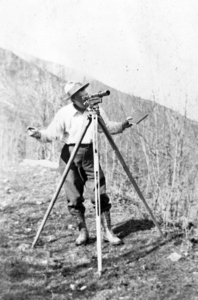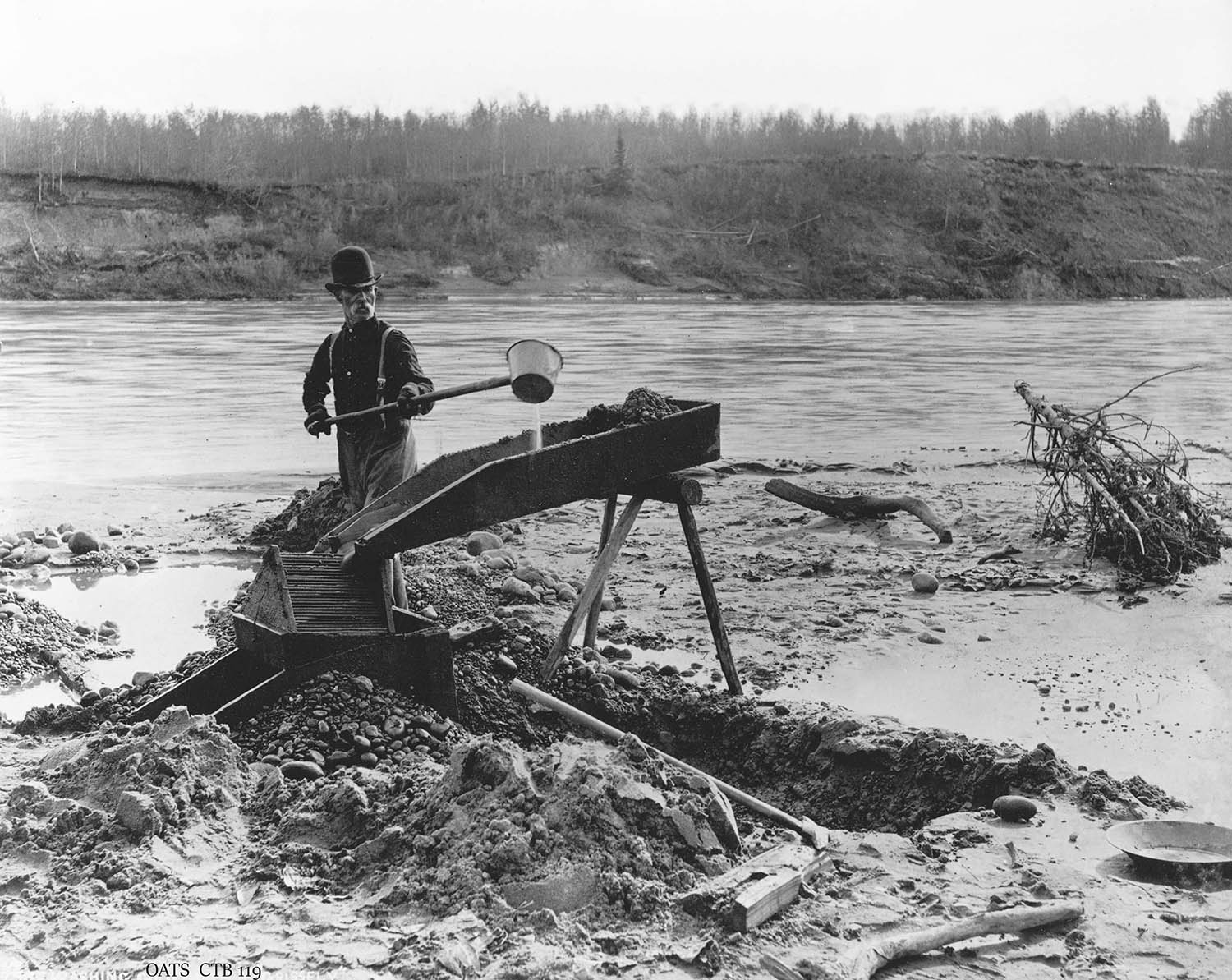Reference



Moonshot's Answer
Walter Moberly made significant contributions to surveying and engineering in British Columbia. His work was pivotal in the early exploration and development of the region. Some of his key contributions include:
-
Discovery of Eagle Pass: Moberly's most influential contribution was the discovery of Eagle Pass through the Gold Range of the Monashee Mountains, which opened up new routes for travel and resource development. The Story of Walter Moberly and His Share in the Making of Vancouver
-
Construction of the Cariboo Road: He was involved in the construction of the Cariboo Road, a significant transportation route that facilitated the movement of goods and people during the Cariboo Gold Rush. WALTER MOBERLY - THE MAN WHO OPENED THE WEST
-
Rocky Mountain and British Columbia Surveys: In 1871, Moberly returned to Canada to take charge of the surveys for the proposed Canadian Pacific Railway, contributing to the railway's development and the region's connectivity. Memorable Manitobans: Walter Moberly (1832-1915)
-
Road Construction: Walter Moberly had extensive experience in road construction in British Columbia, which was crucial for the region's infrastructure development. A Brief History of Canada's National Parks
-
Engineering and Surveying Expertise: Moberly was known for his work as a civil engineer and surveyor, trained under Frederic Cumberland in Toronto, and he brought this expertise to British Columbia. Moberly, Walter | Biographical Dictionary of Architects in Canada
-
Laying Out Queensborough: In 1859, Moberly laid out the new capital, Queensborough, which is now part of modern-day New Westminster. Moberly, Walter - MemoryBC
These contributions highlight Walter Moberly's significant role in shaping the landscape, infrastructure, and development of British Columbia. His work in surveying and engineering left a lasting impact on the province's growth and connectivity.
Follow Up
Related
What is the significance of the British New Wave movement?
What are the major awards given in British cinema?
Which genres and movements have been significant in British cinema?
What are the distinctions between the different levels of the British awards?
What organizations are important to the development of British film?